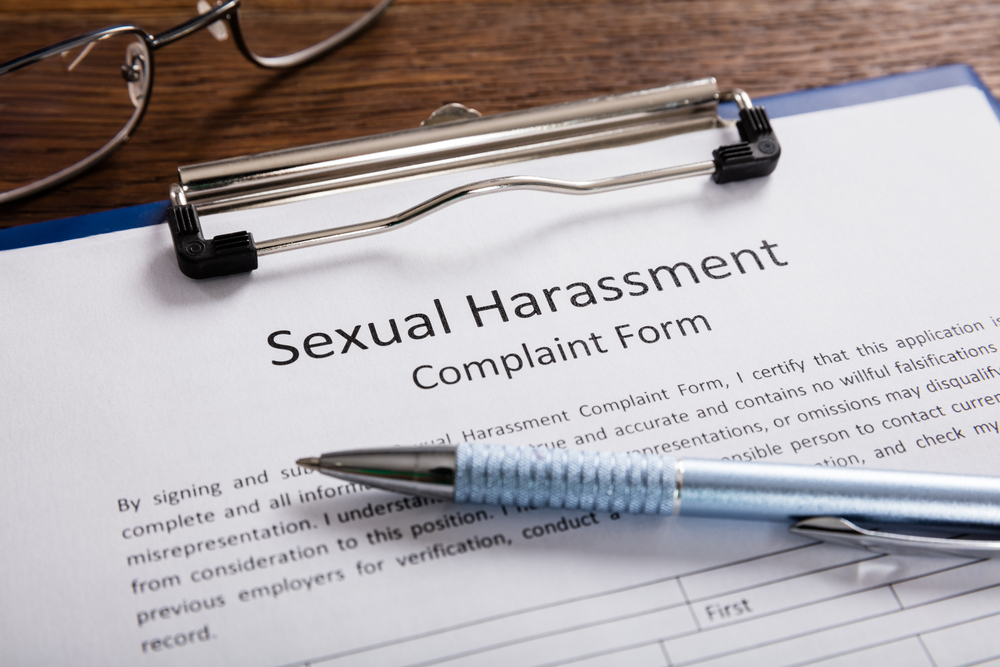On Tuesday, May 15, 2018, Riverside County Superior Court Judge Daniel Ottolia issued an oral ruling holding that the California Legislature acted illegally in passing a law allowing terminally ill adults to be prescribed life-ending drugs if a doctor determined the patient has six months or less to live. The law allows medical professionals the right to refuse to prescribe and dispense life-ending drugs. Further, the terminally ill patient must be able to self administer the drug.
In a 6-3 opinion, the US Supreme Court struck down a 1992 federal statute that prohibited most states from allowing sports betting. Ruling in favor of the State of New Jersey and against sports leagues including the NCAA, the Court found that the Professional and Amateur Sports Protection Act (PASPA) contained provisions that violated a doctrine known as the anticommandeering rule under the 10th Amendment, meaning that the law represented an unconstitutional overreach into state sovereignty.
Art teacher Stacy Bailey filed a lawsuit in federal court in Dallas against the Mansfield Independent School District on May 8, 2018. She is seeking a jury trial, reinstatement at the elementary school where she taught, and possible damages.
Joined by 16 other states and the District of Columbia, the State of California has filed a lawsuit against the Environmental Protection Agency (EPA) in an effort to prevent the federal agency from loosening its rules on auto emissions. The lawsuit argues both that the agency is violating the Clean Air Act through its proposed rule changes and that it is failing to follow its own regulations. Some observers believe that the agency's action might be a first step toward revoking the right of California and other states to set their own rules regarding auto emissions, which are believed to affect the proliferation of greenhouse gases and the process of global warming.
Arizona Federal District Court Judge Douglas Rayes has rejected the claims of the Democratic National Committee and the Arizona Democratic Party of voting rights violations arising from two Arizona statutes which impact the Democrats get out the vote initiatives. Read the decision and relevant statutes on Justia.
Nikola Motor Company, a startup that focuses on hydrogen and electric vehicles, recently filed a $2 billion lawsuit in Arizona again Tesla.
Last week, the California Supreme Court ruled that in order for gig economy companies like Dynamex Operations West, Lyft, and Uber to classify their workers as contractors, they must prove that their workers are, in fact, running their own businesses.
On Thursday, the U.S. Equal Employment Opportunity Commission (EEOC) filed suit against Albertsons alleging the grocery chain prohibited employees from speaking Spanish anywhere on the premises regardless of whether they were on a break. The civil action, which was filed in federal district court in the Southern District of California, is based on Title VII of the Civil Rights Act of 1964 and Title I of the Civil Rights Act of 1991, and seeks a permanent injunction against Albertsons from engaging in national origin harassment as well as compensatory and punitive damages for the aggrieved individuals.
Seven states—Texas, Alabama, Arkansas, Louisiana, Nebraska, South Carolina, and West Virginia—have filed a lawsuit against the Trump administration in federal court in Brownsville, Texas, calling for an end to the Deferred Action Childhood Arrivals program (DACA). The complaint alleges that President Obama exceeded his constitutional authority in creating the Deferred Action for Childhood Arrivals program (DACA).
Ashley Judd filed a lawsuit against Harvey Weinstein in Monday, April 30, 2018, stating that the film producer sabotaged her career when he spread false statements about her work as an actress after she rejected his sexual advances.










